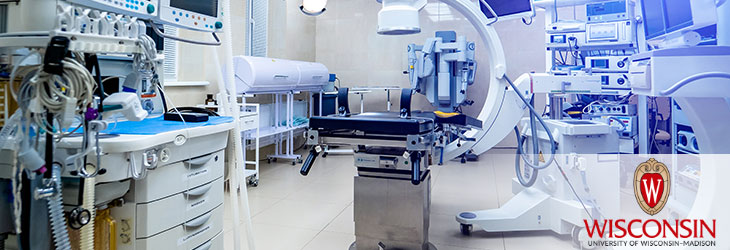Medical Devices

Novel Assay for Measuring Stress-Induced CREB Phosphorylation
WARF: P04048US
Inventors: Randal Tibbetts, Yuling Shi
The Wisconsin Alumni Research Foundation (WARF) is seeking commercial partners interested in developing a phospho-specific antibody that can be used to monitor stress-induced phosphorylation of the CREB transcription factor.
Overview
CREB is a transcription factor that has been implicated as a critical regulator of neuronal function and survival. Knockout mice lacking CREB exhibit a disease similar to ataxia telangiectasia, a neurodegenerative disease primarily seen in children that is characterized by neurodegeneration, extreme sensitivity to UV and ionizing radiation and high susceptibility to cancers.
The Invention
UW-Madison researchers have developed a phospho-specific antibody that can be used to monitor stress-induced phosphorylation of the CREB transcription factor. CREB is phosphorylated in response to a wide variety of cell stresses that result in oxidative or radiation damage to cellular DNA. The researchers identified three sites on CREB that are phosphorylated by the ATM kinase. This affinity-purified, rabbit polyclonal antibody specifically recognizes one of these sites after phosphorylation has occurred. The antibody can be used to determine if ATM has phosphorylated CREB.
Applications
- Examining the regulation of CREB activity in cellular stress responses
- Determining the level of stress in diseased neurons or neural tissue
Key Benefits
- Provides an extremely sensitive assay for measuring the phosphorylation of CREB in response to cell stress
- May be an effective diagnostic marker for cell stress in tissues derived from patients with neurodegenerative disorders such as Parkinson’s disease and Alzheimer’s disease